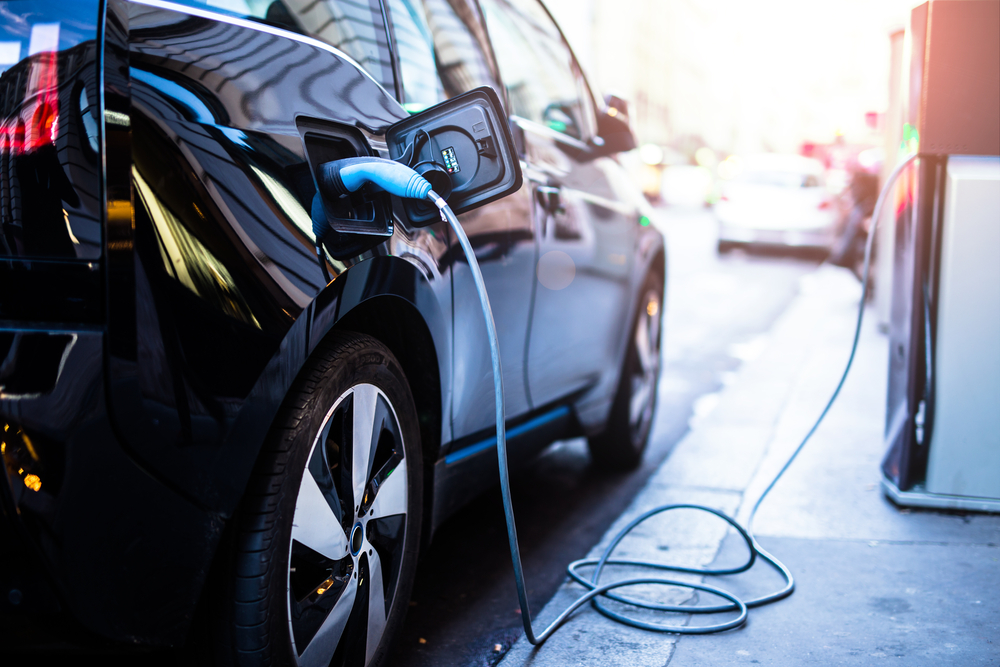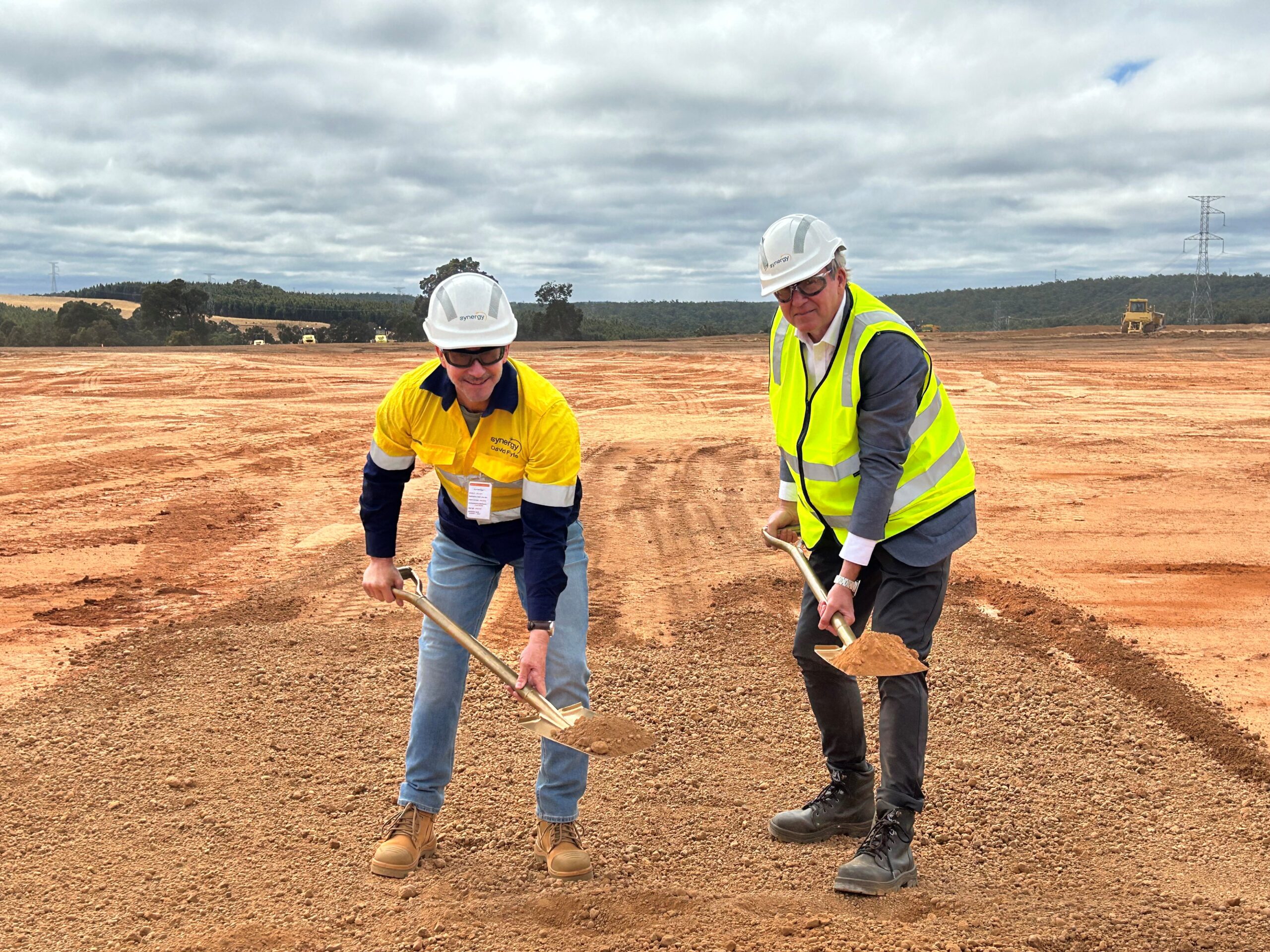
The Electric Vehicle Council has published its State of Electric Vehicles 2021 report, which finds that 8,688 electric vehicles (EVs) were sold in the first half 2021, already eclipsing the 6,900 electric vehicles sold over the whole of 2020.
Despite this growth, Australia still sits significantly behind the rest of the world when it comes to EV adoption. In Norway, the world’s leading electric vehicle adopter, three-quarters of all light vehicles sold in 2020 were electric. Australia also lags behind the UK, China and the United States when it comes to EV adoption.
The Electric Vehicle Council analyses the electric vehicle policies developed by the federal and state and territory governments. Gradings are provided for each government based on each jurisdictions’ holistic policy environment for EVs and the development of policy actions over the last twelve months. Further weighting is provided based on the relative size and scale of actions to other Australian jurisdictions, and confidence in the future efficacy of efforts.
New South Wales (NSW) topped the Council’s policy scorecard ratings for the first time with a rating of 9/10, after the State Government introduced its nation-leading Electric Vehicle Strategy earlier this year.
NSW narrowly beat the ACT (8/10), the Northern Territory and Tasmania (7/10). Queensland, South Australia, Victoria and Western Australia scored 6/10. The Federal Government received the Council’s lowest rating (3/10), after failing to make meaningful inroads in line with other comparable jurisdictions around the world.
Electric Vehicle Council Chief Executive, Behyad Jafari, said with the global shift now undeniable the question for Australia was one of speed.
“When you consider the rhetoric that was being pushed last federal election, the EV discussion in this country has come a long way quite quickly,” Mr Jafari said.
“New South Wales has introduced Australia’s best electric vehicle policy to date. That $500 million of investment and package of incentives to accelerate the uptake of zero-emissions vehicles is finally something comparable with jurisdictions overseas. I know the whole industry is buoyant about the effect it will have on electric vehicle availability and sales.”
“The movement across most states and territories is now generally positive and that’s providing greater confidence to private sector investors, which will pave the way for more places to charge and better services to support e-mobility. The chief headwind at the moment is, unfortunately, a continued lack of leadership on electric vehicles at the federal level. After promising a national strategy two years ago, the Federal Government has failed to deliver.”
“We need to see more electric vehicle models in Australia, particularly at lower price points. That’s happening slowly, but if we want to accelerate the process and attract the globally limited electric vehicle supply, we need policies enacted at the national level, like fuel efficiency standards,” Mr Jafari said.
“Australia has more to gain than most countries on electric vehicles. If transition well we’ll be able to meet our net-zero goals, break our dependency of foreign oil, and improve our air quality.”












